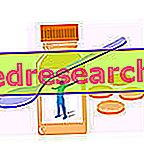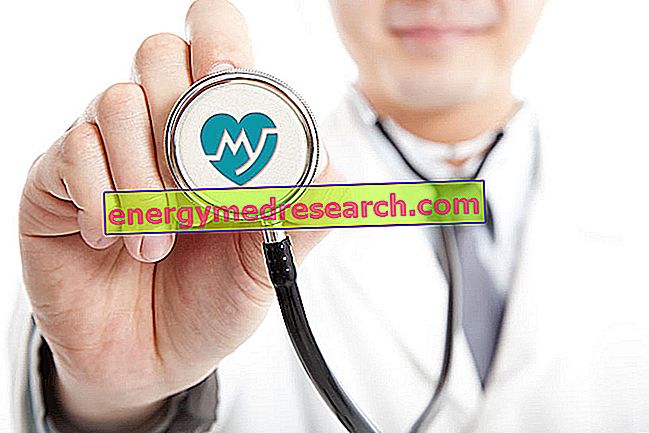Related articles: Gallbladder stones
Definition
Gall bladder stones are small solid agglomerates consisting mainly of cholesterol and calcium salts. Often they do not cause particular symptoms and do not require any type of treatment (asymptomatic calculations); other times they move from the sites of origin, obstructing the biliary outflow and determining a condition known as acute cholecystitis (biliary colic), accompanied by intense and intermittent abdominal pains.Most common symptoms and signs *
- Acute abdomen
- Anorexia
- Increased transaminases
- Bitter mouth
- Chills
- Bad digestion
- Liver cysts
- Colaluria
- Colic
- Biliary colic
- Conati
- Stomach cramps
- Yellow Diarrhea
- Pain in a hip
- Abdominal pain
- Abdominal pain on palpation
- Chest pain
- Pain in the Stomach Mouth
- Pain in the upper part of the abdomen
- Pain in the sternum
- heartburn
- Temperature
- I made clear
- Abdominal swelling
- undernourishment
- Jaundice
- Yellow tongue
- Abdominal mass
- Nausea
- Nausea and vomiting in the early stages of pregnancy
- Peritonismo
- Heaviness in the stomach
- itch
- Leg itch
- Itching in the head
- Foam in urine
- steatorrhea
- Inflated stomach
- Triad of Charcot
- Dark urine
- He retched
- xanthomas
Further indications
The cardinal symptom of biliary colic is a sudden abdominal pain, of moderate to intense intensity, which originates in the upper part of the abdomen, in the center or more frequently to the right, under the ribs; subsequently the pain extends posteriorly until it reaches the lower tip of the scapula. This symptom, especially when associated with fever, jaundice, dark urine, nausea and vomiting, requires prompt alerting of health care.



